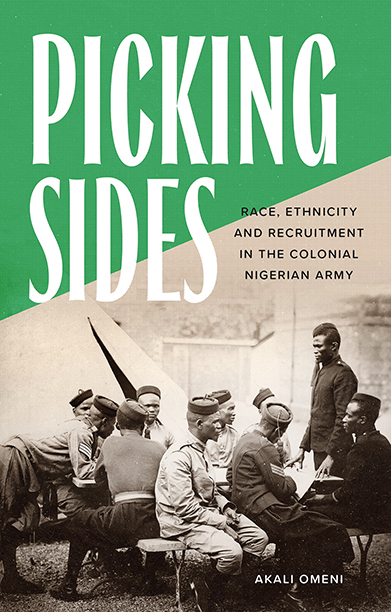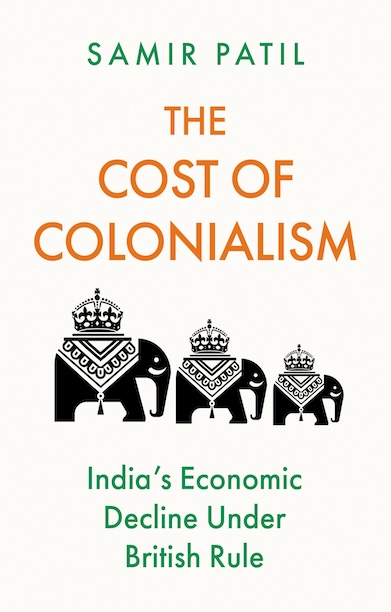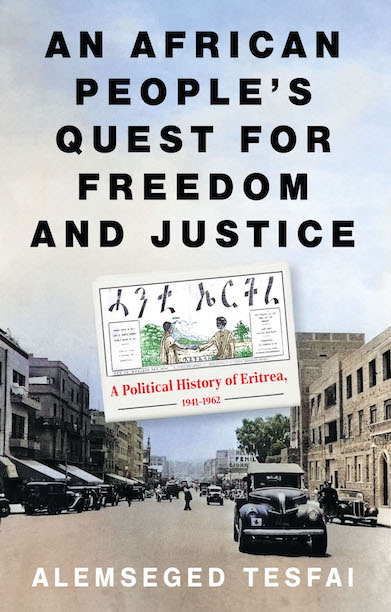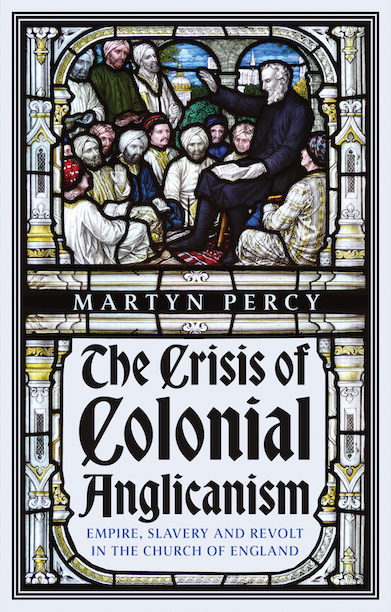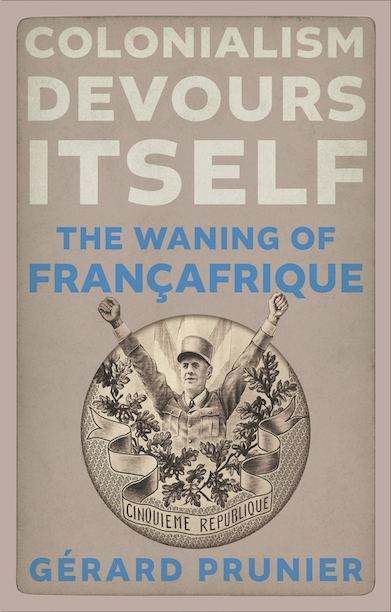Picking Sides
Race, Ethnicity and Recruitment in the Colonial Nigerian Army
Argues that an understanding of the origins of ethnic politics in Nigeria requires a rigorous historical and sociological study of the ethnicisation of the colonial army
Description
After fighting in two World Wars and decades of serving Britain as its colonial master, the Nigerian Army had its first indigenous head in 1965. However, the army left behind by the British was stratified along ethnic lines, much like the polity. By January 1966, with the public disillusioned by political crises and critical of the political class, matters came to a head. ‘Today‘, the Western Nigerian premier warned his dismissive Northern counterpart regarding the military men surrounding them, ‘they are going to kill us’. Hours later, on 15 January, both men, the Prime Minister and several others, had been murdered in a violent coup d’état. Democracy in Nigeria died to jubilation in the streets. However, the military that seized political power proved unprepared to wield it. Months later, another coup followed. The following year, Nigeria was plunged into a bloody civil war where once brothers-in-arms were forced to pick sides.
Employing archival research and a sociological enquiry, Picking Sides connects dots, arguing that the Army’s disintegration in 1966 was over a half-century in the making. Beginning in the mid-19th Century, the groundbreaking volume presents a gripping political history of Nigeria, from the colonial army’s perspective, until the military takeover.
Author(s)
Akali Omeni (PhD, Kings College London) is Lecturer at the Handa Centre for the Study of Terrorism and Political Violence, University of St Andrews. His three previously published books include Policing and Politics in Nigeria.
